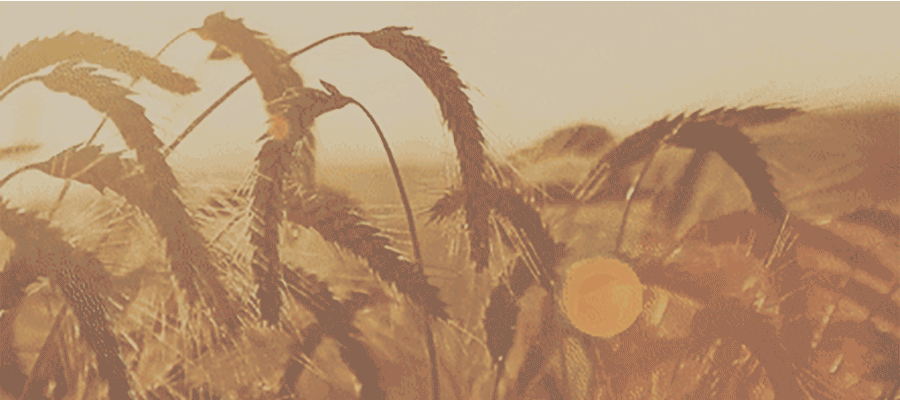The Home of Violetta Ballington, King's Court
She looks at Anatole when he speaks. Her own words did not undo her, but these threaten to; her lips tremble, and there is the faintest sheen in her eyes. Niccolette takes a deep, steady breath, and closes them for a long moment. Anatole scarcely knew him, she knows; she does not know what they discussed, before the time Uzoji told her he wasn’t sure what to make of the man. But she thinks of the little library in Dzum, and of seeing Anatole sitting in Uzoji’s chair, studying a book of poetry, with the light shining in through the window.
Niccolette takes another breath, careful and steady. She does not count the rhythm of these, but they settle her all the same. She finds herself in the brush of her fingers against velvet, in the soft cushion of the seat beneath her, in the glowing warmth of the fire, and the rich smell of the Rossiolo. When she opens her eyes they are clear enough; not a single tear escapes to disturb the black kohl carefully traced around her eyes. She smiles, and takes another sip of the wine. Hearing the words, Anatole has said; Niccolette hopes it is so.
“Very nicely said,” Violetta says. “There are many poems which are meant to be read aloud, I think; they have such lovely rhythms. I find that often true of Bastian poetry, especially, although of course there are those who are subsumed by the patterns, rather than understanding how to use it on their own behalf.” She looks at Niccolette with a fond little smile.
Niccolette shrugs. “Bastian poetry, I think, I still do not care for.” Her gaze flicks up to Anatole, and she smiles rather differently. She thinks of a slanting sunset through curved windows, of bright gold light darkening and spilling over a well-upholstered room; she thinks, too, of the same room, left to decant a little while longer. “Perhaps it is that they seem to illuminate only the places where the shadows are not.”
Terrence shifts, hesitant, in his chair; he glances at Niccolette, and then over at the Incumbent. He licks his lips. “There’s – ah – some decent work coming out of Tiv, I think?” He offers. “That is – uh,” he waits; Violetta favors him with a smile, and he comes forward a little on the seat, and pushes through. “Not so much traditional publishing these days, of course, the clearing agents won’t have them, so they put their work out in literary magazines. There’s one chap, publishes under the name Junia, of all things.”
“The numbing plant?” Niccolette raises her eyebrows.
“Yes,” Terrence grins. “Exactly. Several of the poems deal with the search for numbness and the consequences thereof, or so I read them. It feels much like a response to the general rigidity of the more classical Archevne poetry, I think; they might’ve gone too far the other way, on the whole, with less structure even than Mugrobi poetry, but I enjoy it, anyway.”
Violetta has waited, careful and patient, sipping at her wine. For a few moments, she does not interrupt, other than with her smiles. She has given it a few moments; she has judged her time, very carefully. Niccolette does not have the skill, herself, but she can recognize and admire it all the same; she has, she thinks, learned something, at least, all these last years.
Violetta glances over to Norton, then, slipping into the conversation effortlessly. “Which poem was it you and Uzoji had that terrible argument about?” She asks, smiling. “Something Mugrobi, wasn’t it?”







